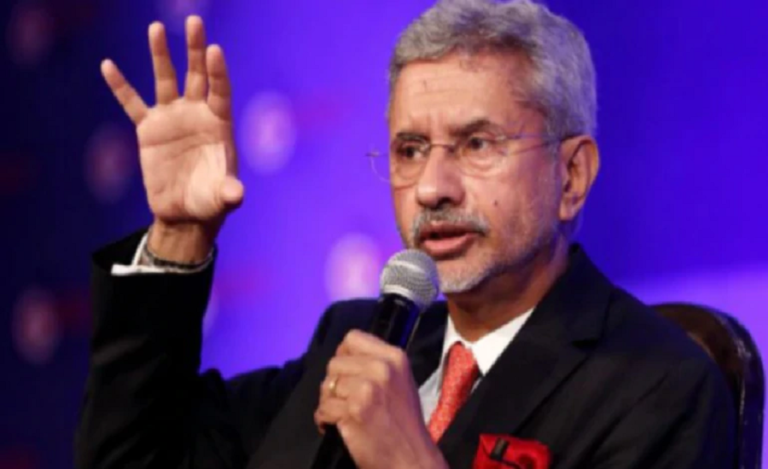

Clarion India
NEW DELHI – As the international media is holding Prime Minister Narendra Modi responsible for devastating covid-19 surge in India, External Affairs Minister S Jaishankar asked the diplomats posted in different countries to counter narrative of world media over Narendra Modi government’s incompetent handling of the second Covid-19 wave.
According to Indian Express, Jaishankar had made this plea on Thursday in a virtual meeting with Indian ambassadors and high commissioners posted across the world.
Several leading media outlets – the New York Times, Guardian, Le Monde, and Straits Times, and on TV channels in strong editorials, commentary and reports blamed the Modi government for ignoring warning signs, holding an extended election in West Bengal, and for not cancelling the Kumbh Mela.
International TV channels have covered waiting ambulances and patients outside hospitals, and cremations in Delhi and elsewhere, to underline India’s lack of preparedness.
The official “context” for Thursday’s meeting was India’s efforts to mobilise resources, including oxygen container, concentrators, ventilators, drugs and vaccines, from countries that have offered help as the government struggles with the surge of cases, officials present in the meeting told Indian Express.
Besides the envoys, Minister of State V Muraleedharan, Foreign Secretary Harsh Shringla and officials dealing with the Covid-19 crisis also attended the hour-long meeting.
Officials present said two big themes were discussed. One was about efforts being made to procure all the material that India needs to overcome the surge. The envoys had several questions on how to send this, to destinations in India where such material should be sent, customs formalities, and related matters of logistics.
Taking control of the international media narrative was the other predominant theme. On this, participants said the message from Jaishankar was not to get overpowered by the “negative” media reports but to take charge and project the government’s side of the story.
Accordingly, the participants were told that the ferocity of the second surge was something no public health expert in the world had predicted, and that health infrastructure even in the most advanced countries had crumbled in the first wave last year, so this was not a disaster that was uniquely Indian.
The envoys were told that oxygen shortage was not due to a shortfall in production but due to restricted geographies of production, entailing transport across vast distances. The participants were also told to disseminate that there could be no connection between the elections, campaign rallies and the spike in numbers.
Jaishankar presented the argument that the numbers were highest in Maharashtra and Delhi, two states that did not go to the polls.
He did not touch upon the subject of Kumbh Mela, which has been been described in every international report as a “super spreader” event.
Although the participating diplomats had questions, no one asked about the consequences of holding the Kumbh. Nor were there any questions about the messaging from crowded election rallies addressed by the Prime Minister and Home Minister Amit Shah, in violation of social distancing norms, or any of the institutional failures pointed out by the international media.